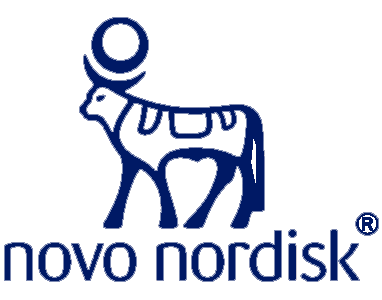by IHSG
Share
by IHSG
Share

Our family is hardly alone. In one survey of families of people with diabetes, 85% of respondents reported being at least occasionally worried about the risk of hypoglycaemia.1 Family members may be afraid and anxious to leave the person with diabetes alone or in the care of others. Their fear may surge every time the person gets behind a steering wheel – especially if hypoglycaemia awareness is compromised. Family members may also fear for their own safety, as hypoglycaemia may lead individuals to become aggressive and combative.2
Needless to say, such worries increase the burden on family members.3 In the above-mentioned survey, family worry was associated with frustration and diabetes-related arguments.1 Other research has found that family members become resentful and neglect their own health,2 and the threat of nocturnal hypoglycaemia is liable to disrupt their sleep. Even new technologies that reduce this threat, such as CGM with glucose suspend, may lead some caregivers to toss and turn at night as they listen for the dreaded low-glucose alarm.
By the same token, a family’s coping style has a profound impact on the affected individual’s capacity to manage the disease. Studies of families affected by diabetes have confirmed that family cohesion and low family conflict correlate with the capacity to adapt to diabetes and adhere to treatment.3 For married couples, the quality of the marriage appears to have a similar impact.4
While family members are often the first to recognize impending or actual hypoglycaemia, they may overestimate their capacity to deal with the problem and fail to recognize when they need help.2 That’s why it’s important to include family members/caregivers in hypoglycaemia assessments. At the very minimum, all individuals with diabetes at significant risk of hypoglycaemia (i.e., those in insulin, sulfonylureas or glitinides) should have a hypoglycaemia detection and treatment plan that includes family members.
Discussions with families can also help identify poor coping styles, knowledge gaps, and disproportionate fears. Some suggestions to keep in mind:
- Ask family members about the frequency and symptoms of hypoglycaemia in the affected individual.
- Inquire about their fears and concerns, and acknowledge that many other people share those fears.
- Ensure family members are comfortable administering hypoglycaemia treatment, including glucagon, and know when/where to call for emergency services.
- If you have reason to suspect family conflict, refer the family to a therapist.
Interest in the impact of hypoglycaemia on family members is growing. It is our hope that future research will identify interventions to reduce the burden of hypoglycaemia on family systems.
No less important, of course, is to reduce the risk of hypoglycaemia in the first place. That’s the approach my brother and his family took when his daughter was diagnosed with type 1 diabetes at age 23. Having seen the ripple effect of her father’s severe hypoglycaemia, she did not want to go down the same road. Thanks to new insulins and treatments, she has largely avoided this fate. And our whole family is breathing more easily.
References
- Nef G et al. Correlates and outcomes of worries about hypoglycemia in family members of adults with diabetes: The second Diabetes Attitudes, Wishes and Needs (DAWN2) study. J Psychosom Res 2016; 89:69-77.
- Lawton J et al. Experiences, Views, and Support Needs of Family Members of People With Hypoglycemia Unawareness: Interview Study. Diabetes Care 2014; 37:109-115.
- Nefs G, Pouwer F. The role of hypoglycemia in the burden of living with diabetes among adults with diabetes and family members: results from the DAWN2 study in The Netherlands. BMC Public Health 2018;18:156.
- Trief P et al. The marital relationship and psychosocial adaptation and glycemic control of individuals with diabetes. Diabetes Care 2001; 24:1384-89.





